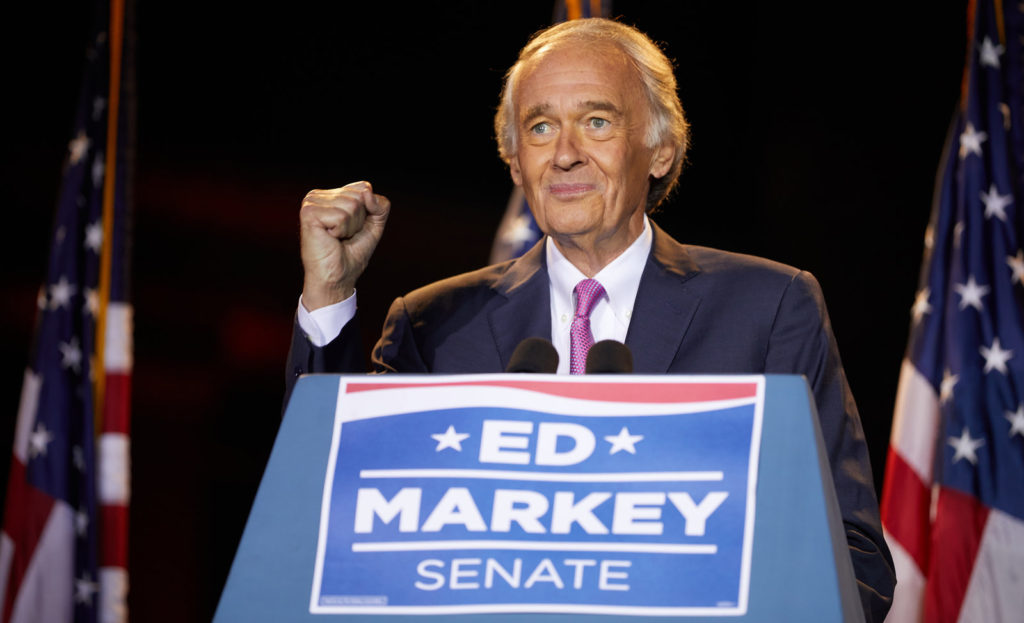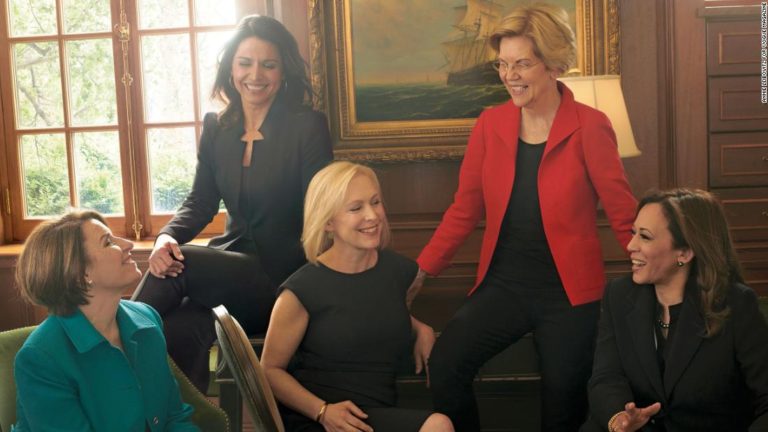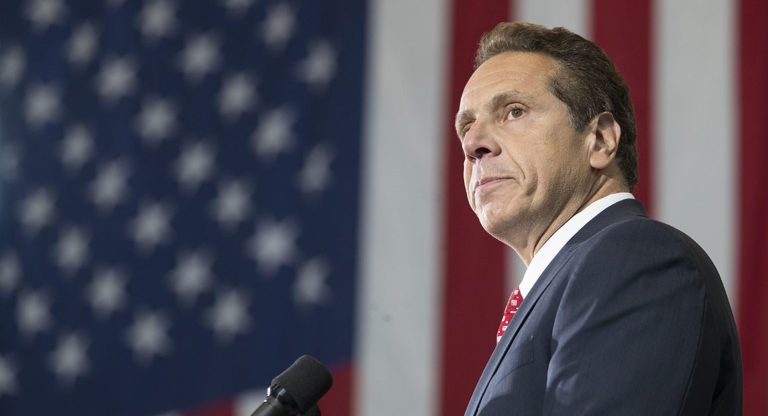
By all accounts, the Democratic primary for one of the two Massachusetts Senate seats was odd. The two prime contenders were incumbent Senator Ed Markey and Representative Joe Kennedy III, and on the issues, the two of them shared extremely similar views. Both Markey and Kennedy are rated 100% by Planned Parenthood for their pro-choice views on abortion. Both are against increasing defense spending. Both are supporters of the Green New Deal, with Markey sponsoring the resolution in the Senate. Both, by-in-large, support new gun-control legislation.
In fact, it was this incredible similarity between the candidates that made the race so peculiar. People wondered just why Kennedy had decided to challenge an incumbent, progressive Senator that shared so many of his views. Kennedy banked on the idea of generational change, with the main difference between the two being the thirty-four year age gap between them, but many assumed his motivation was primarily ambition.
Polls in June had shown Kennedy up by double digits, and according to Russell Berman of The Atlantic, Kennedy’s hope was that Democrats less engaged with the Senate would simply vote for the younger of the two candidates. Kennedy’s aspirations were no doubt helped along by the significant problem that Markey had with name recognition in Massachusetts prior to the start of the primary—something that Kennedy would never have to deal with, by virtue of his last name. Or perhaps Markey, given his disadvantage with his lack of a real “brand” in Massachusetts and his long Congressional tenure (having been in Congress since 1976), would simply step aside for the younger generation.
That wouldn’t be the case, with Markey even utilizing his lack of a brand to great effect. A lack of a brand meant he could make one. His sponsorship of the Green New Deal (popular amongst the younger demographic and Democrats alike), the endorsement of progressive politicians such as Sen. Elizabeth Warren and Rep. Alexandria Ocasio-Cortez, the endorsement of progressive institutions such as the youth-led Sunrise Movement, and a series of ads all portrayed Markey as a firmly progressive fighter who stood up for what he believed in, almost in the vein of Bernie Sanders. This was despite his previous votes for the Iraq War, NAFTA, and the 1994 crime bill—all of which are often the subject of attacks for progressive activists. Instead of those less-than-progressive votes, his more recent role as the “Green New Dealmaker” and support for Medicare-for-All were put front and center.
In the face of this, Kennedy’s attempts to invoke generational change fell largely flat, with progressives judging him and his last name harshly. Kennedy received endorsements from a number of high profile House Democrats, including the late Rep. John Lewis, long time civil rights activist, Rep. Joaquin Castro, Chair of the Congressional Hispanic Caucus, and most prominently Rep. Nancy Pelosi, Speaker of the House, who broke with the party’s long-standing policy of not backing challengers to Democratic incumbents.
In the end, Markey was victorious over Kennedy, marking the first time that a Kennedy has lost an election in Massachusetts, riding a wave of support amongst progressive and younger voters to a margin of about 150,000 votes.
The Implications
But the result of the primary is not the most interesting part of this particular race—whoever won would be a progressive who, in all likelihood, will cruise to victory against their Republican opponent in a race that the Cook Political Report has marked as Solid Democrat.
Rather, the results of this race may have broader implications for future primaries within the Democratic Party. As evidenced perhaps best by the extremely competitive 2020 Democratic presidential primary, where candidates like Sen. Bernie Sanders or Sen. Elizabeth Warren clashed with candidates like Mayor Pete Buttigieg, Former Vice President Joe Biden, and Former Mayor Michael Bloomberg, the Democratic Party is split.
On one hand is the progressive wing. Marked by the likes of Senator Bernie Sanders and the “Squad” (Rep. Alexandria Ocasio-Cortez, Rep. Ilhan Omar, Rep. Ayanna Pressley, and Rep. Rashia Talib, all of whom are progressive women of color elected in 2018), they by-and-large support the Green New Deal, a single-payer healthcare system, universal education, a living minimum wage, and other similar policies. Senator Ed Markey was able to position himself firmly amidst this wing, thereby endearing himself to younger voters—which also provided a sharp rebuttal to any comments about his age. “It’s not your age,” Markey said, “it’s the age of your ideas that are important. And in terms of the age of my ideas, I’m the youngest person in this race.”
On the other hand of the Democratic party divide is, in broad terms, the “establishment,” which is generally more moderate and perhaps best embodied by former Vice President Joe Biden. The “establishment” also includes Rep. Nancy Pelosi, Speaker of the House, who was one of the more notable Democrats to endorse Kennedy. That, in combination with the Kennedy name—which has roots in Massachusetts dating back to JFK’s grandfather, Patrick Joseph Kennedy, who held positions in the Massachusetts State Legislature—led to him being viewed as somewhat of an “establishment” figure. An ad posted by the Kennedy campaign in the final weeks before the election, in which Ethel Kennedy, Joe Kennedy’s grandmother and Robert F. Kennedy’s widow, urged voters to support Joe and likened him to RFK, JFK, and Ted Kennedy, certainly didn’t help with the accusations of nepotism.
This race may be a unique one, what with the Kennedy name in Massachusetts carrying such a heavy weight, but it could also point to a general trend in safe liberal states such as Massachusetts where primary battles between the insurgent progressive wing and the establishment are likely to occur. Incumbents may look to Markey’s campaign—and his near “rebranding” as a progressive firebrand—for inspiration on how to fend off potential primary challenges. And in an America where climate action and Medicare-for-All remain fairly popular among the voters, this is even more of a possibility.



